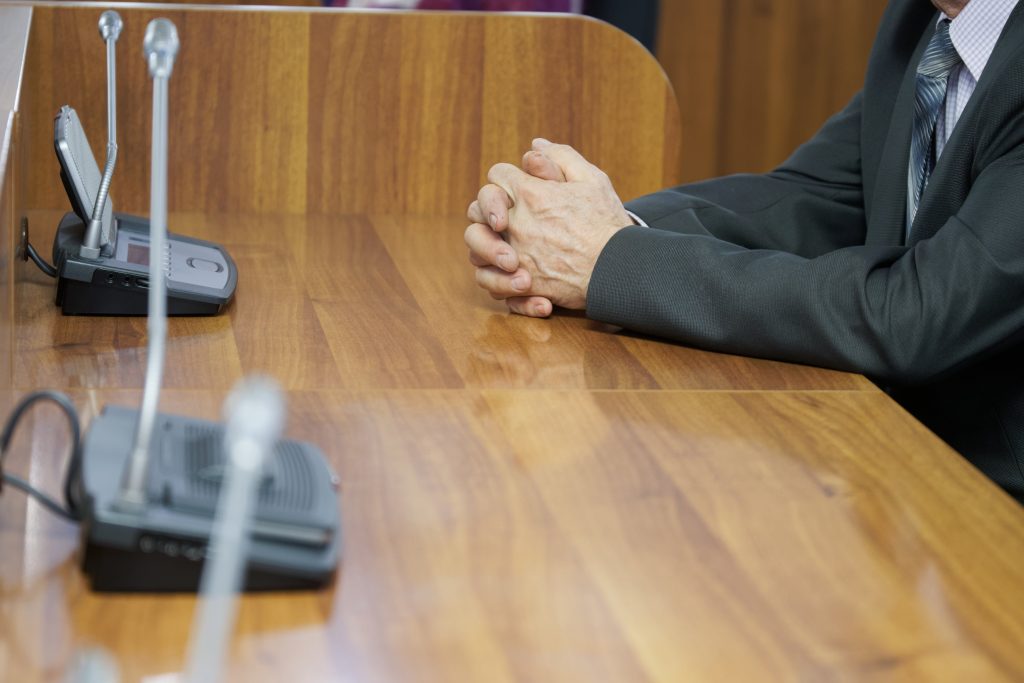Bench Trial vs Jury Trial: What’s the Difference in Washington Courts?

When you’re facing a legal dispute—whether criminal or civil—you may hear the terms bench trial and jury trial. Both are methods for resolving cases in court, but they operate very differently and can have a big impact on the outcome of your case. Understanding the distinction is essential if you’re involved in litigation or accused of a crime in Washington state.
What Is a Jury Trial?
A jury trial is what most people imagine when they think of courtroom drama. It involves a group of citizens—typically six in civil cases and twelve in serious criminal cases—who are selected to hear the evidence and decide the outcome. Jurors are tasked with weighing witness credibility, reviewing evidence, and ultimately issuing a verdict.
In criminal cases, the jury must unanimously agree to convict a defendant beyond a reasonable doubt. In civil cases, the jury generally decides liability and damages based on a preponderance of the evidence.
Pros of a Jury Trial:
- May be more sympathetic to your case, especially in emotionally charged matters.
- Defense attorneys can use jury selection to exclude potentially biased jurors.
- Jurors may be more skeptical of government witnesses or aggressive prosecution tactics.
Cons of a Jury Trial:
- Juries can be unpredictable.
- Trials often take longer due to jury selection and instruction.
- Complex legal issues may be harder for a lay jury to grasp.
What Is a Bench Trial?
A bench trial is heard and decided by a judge only, with no jury involved. The judge listens to testimony, reviews the evidence, applies the law, and issues a ruling. Bench trials are common in family law, civil infractions, and some misdemeanor or non-jailable offenses, but they can be requested in almost any case if both parties agree or the law allows.
Pros of a Bench Trial:
- Usually faster and less expensive than a jury trial.
- Judges are experienced and may better understand complex legal arguments or technical facts.
- Reduces the risk of emotional or biased jury decisions.
Cons of a Bench Trial:
- The case rests entirely on one decision-maker.
- A judge may be more rigid in applying the law and less swayed by emotional appeals.
- Less opportunity for a “wild card” favorable verdict.
Do I Get to Choose?
In criminal cases, the right to a jury trial is protected under both the U.S. and Washington constitutions. A defendant may waive this right and choose a bench trial, but only with the court’s approval.
In civil cases, either party can typically demand a jury trial, though some disputes—like small claims or certain family law matters—are only eligible for bench trials.
Which Is Better for My Case?
There’s no one-size-fits-all answer. The choice between a bench or jury trial depends on:
- The nature of the case (emotional vs. legal complexity)
- Public perception (would jurors relate to your story?)
- The judge assigned (is the judge experienced or favorable?)
- The legal issues involved (does your case hinge on technical legal rules or facts?)
At the Law Office of Erin Bradley McAleer, we help clients weigh all these factors when making strategic trial decisions. Our experienced attorneys are skilled in both jury advocacy and judge-focused litigation.
Need Help With a Criminal or Civil Case?
Whether you’re facing a criminal charge or a civil dispute, our firm can guide you through your options and fight for the best possible outcome. Call the Law Office of Erin Bradley McAleer today for a consultation.